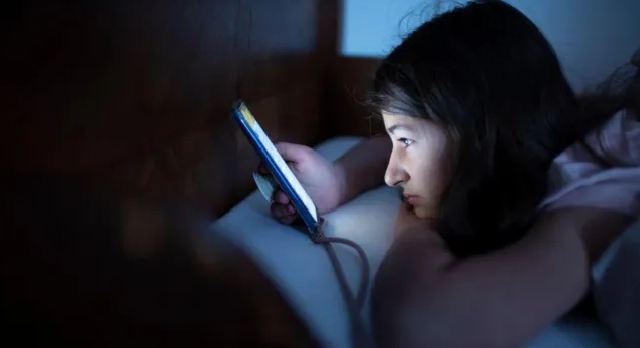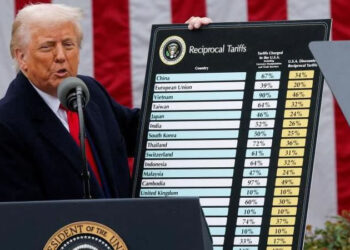By Enyichukwu Enemanna
The Senate in Australia on Thursday passed a bill restricting the use of social media for children below the age of 16, a move aimed at protecting them from “harm”.
The law passed by 34 votes to 19 will be presented before the House of Representatives where it is also expected to succeed because the government controls a majority there.
The ban which takes effect at least a year from now is seen as one of the world’s strictest social media laws and could see tech companies pay up to A$50m ($32.5m; £25.7m) in fines if they fail to implement the policy.
Parents have repeatedly expressed concern on the safety of their children and the Prime Minister Anthony Albanese says the legislation is needed to protect young people from the “harms” of social media.
“This is a global problem and we want young Australians essentially to have a childhood,” the Prime Minister said when introducing the bill to the House of Representatives last week.
“We want parents to have peace of mind,” he added.
Critics have however expressed concern on how the ban will work, its impact on privacy and social connection.
This is the highest age limit set by any country in regulating social media and the law does not exempt existing users or those with parental consent.
The legislation did not specify which platforms will be banned as the decision and others will be made later by Australia’s communications minister, who will seek advice from the eSafety Commissioner, an internet regulator that will enforce the rules.
The government says it will rely on some form of age-verification technology to implement the restrictions, and options will be tested in the coming months.
However digital researchers have warned there are no guarantees the unspecified technology, which could rely on biometrics or identity information – will work. Critics have also sought assurances that privacy will be protected.
They have also warned that restrictions could easily be circumvented through tools like a VPN – which can disguise a user’s location and make them appear to be logging on from another country.
Children who find ways to flout the rules will not face penalties, however.




































